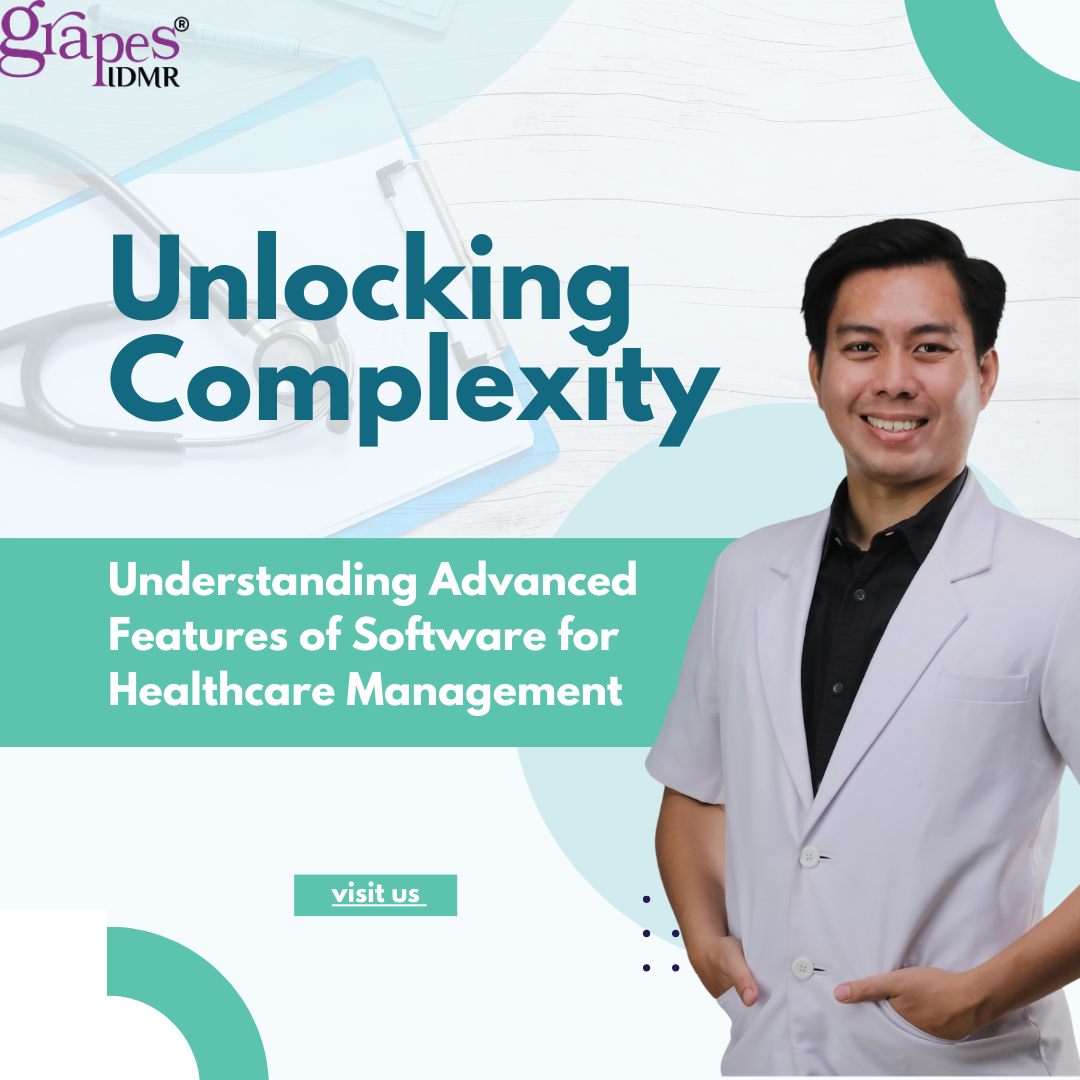
Unlocking Complexity: Understanding Advanced Features of Software for Healthcare Management
The effective management of resources, data, and patient care is paramount. Healthcare organizations are increasingly turning to sophisticated software solutions to streamline operations, enhance communication, and improve patient outcomes.
In this article, we will delve into the advanced features of software for healthcare management, exploring how these tools can unlock efficiency and effectiveness in healthcare delivery.
Electronic Health Records (EHRs)
Electronic Health Records (EHRs) are at the core of modern healthcare management software. These digital versions of patients' paper charts contain comprehensive information about their medical history, diagnoses, medications, treatment plans, immunization dates, allergies, radiology images, and laboratory test results. EHRs streamline workflows, improve accuracy, and facilitate better coordination of care among healthcare providers.
Telehealth and Remote Monitoring
Telehealth and remote monitoring functionalities enable healthcare providers to deliver care remotely, expanding access to services and improving patient engagement. Through video conferencing, secure messaging, and virtual visits, patients can consult with healthcare professionals from the comfort of their homes. Remote monitoring solutions track patients' vital signs, symptoms, and adherence to treatment plans, allowing for timely interventions and proactive management of chronic conditions.
Predictive Analytics
Predictive analytics leverage algorithms and machine learning to analyze vast amounts of data and identify patterns, trends, and potential risks. By analyzing historical patient data, predictive analytics can forecast disease outbreaks, identify high-risk patients, predict readmissions, and optimize resource allocation. These insights enable healthcare organizations to take proactive measures to prevent adverse events, improve outcomes, and reduce costs.
Artificial Intelligence (AI) and Machine Learning (ML)
Artificial Intelligence (AI) and Machine Learning (ML) technologies are revolutionizing healthcare management by automating tasks, optimizing workflows, and augmenting decision-making processes. AI-powered algorithms can assist in diagnosing diseases, predicting treatment responses, analyzing medical images, and personalizing care plans based on individual patient characteristics. These capabilities enhance efficiency, accuracy, and patient safety across the healthcare continuum.
Interoperability and Integration
Interoperability and integration capabilities are essential for seamless communication and data exchange between disparate systems and stakeholders. Software for healthcare management should integrate with Electronic Medical Records (EMRs), billing systems, laboratory information systems, and other third-party applications to ensure the seamless flow of information. Interoperable systems enable healthcare providers to access comprehensive patient records, streamline workflows, and deliver coordinated care.
Population Health Management
Population Health Management (PHM) tools enable healthcare organizations to analyze and manage the health outcomes of defined populations. PHM solutions aggregate and analyze data from various sources to identify health trends, risk factors, and opportunities for intervention. By stratifying populations based on risk, PHM tools enable targeted interventions, preventive care initiatives, and resource allocation strategies to improve overall health outcomes and reduce healthcare costs.
Data Security and Privacy
Data security and privacy are paramount in healthcare management software to safeguard patients' sensitive information and comply with regulatory requirements such as the Health Insurance Portability and Accountability Act (HIPAA). Robust security measures, encryption protocols, access controls, and audit trails ensure the confidentiality, integrity, and availability of data. Compliance with data privacy regulations instills trust among patients and mitigates the risk of data breaches and legal repercussions.
Conclusion
Advanced features of software for healthcare management offer a myriad of benefits for healthcare organizations, providers, and patients alike. From electronic health records and telehealth solutions to predictive analytics and artificial intelligence, these tools empower healthcare professionals to deliver high-quality care, improve outcomes, and enhance the overall patient experience. By understanding and leveraging the advanced features of healthcare management software, organizations can unlock efficiency, effectiveness, and innovation in healthcare delivery.
Unlock the potential of your healthcare organization with advanced software solutions tailored to your needs, and embark on a journey towards transformative care delivery and improved patient outcomes.
